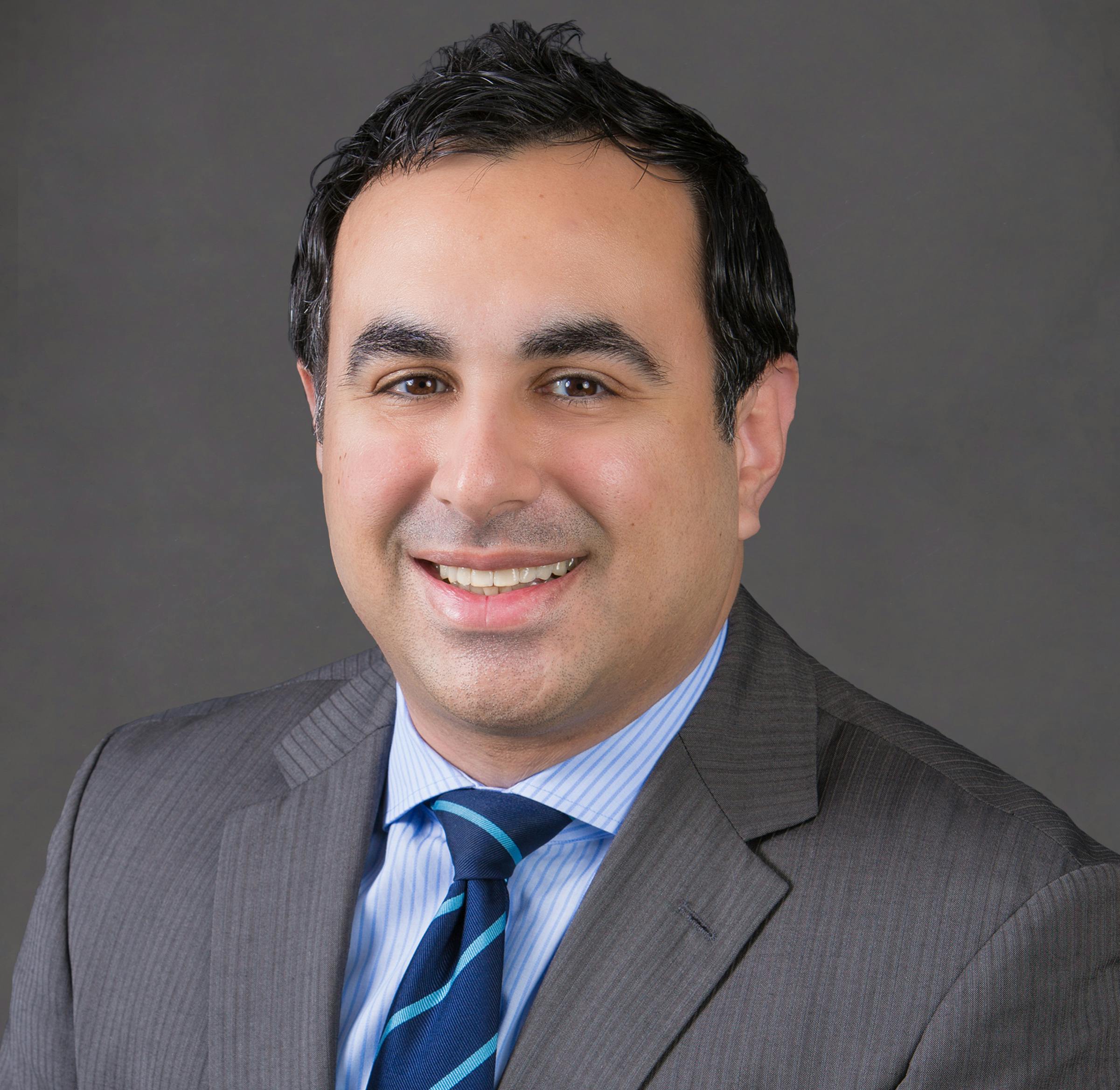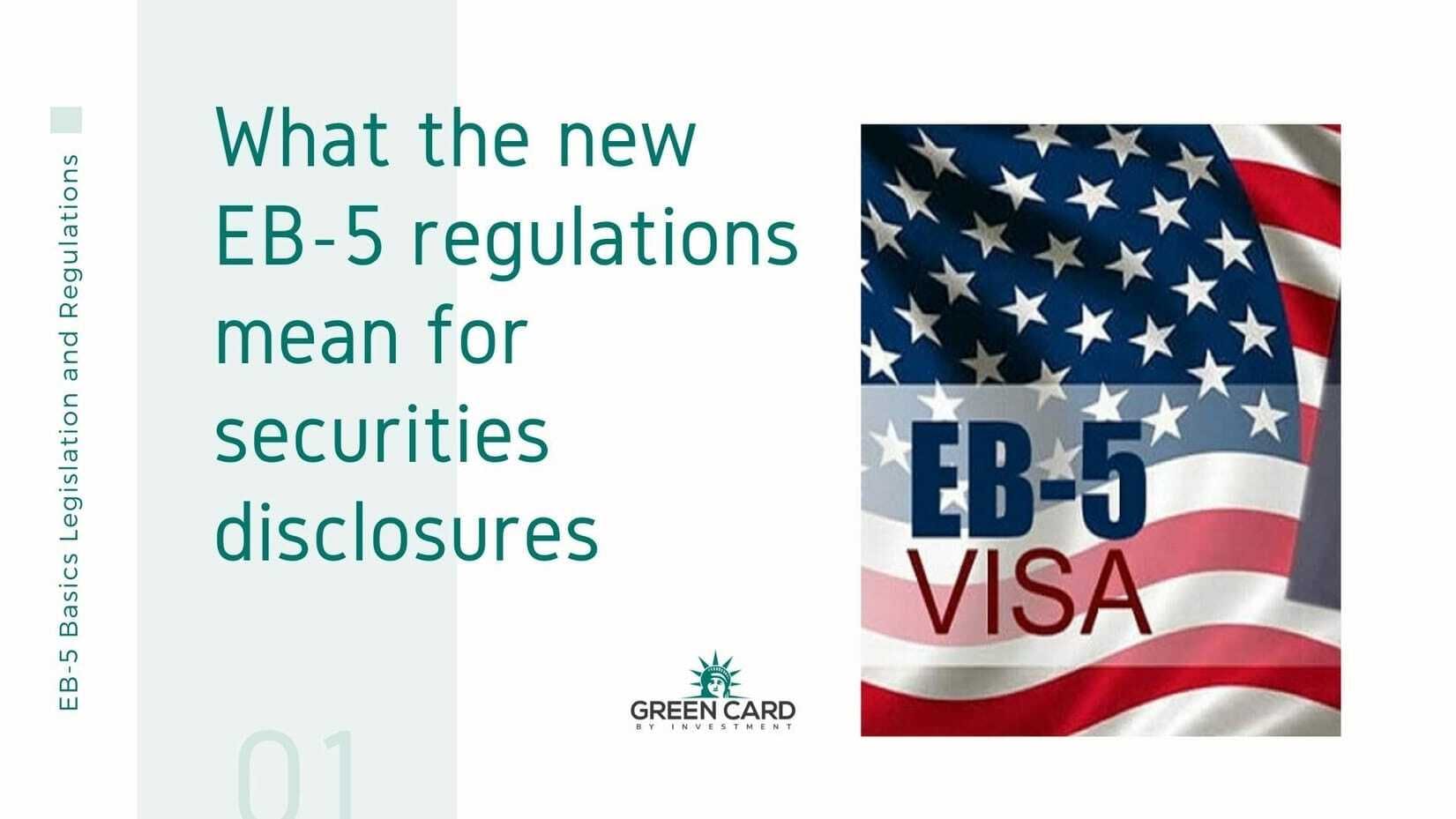The EB-5 investment program offers foreign investors a path to U.S. residency through substantial capital contributions. However, like any investment, EB-5 projects can face challenges. A key question for regional centers and issuers is: when should EB-5 investors be notified of a potential issue? This question is crucial because it directly impacts investor trust, legal compliance, and the reputation of the project. In this article, experts Michael Harris and Bob Cornish discuss the nuances of when and how to communicate problems to EB-5 investors.
What Constitutes a Problem?
Michael Harris, a lawyer based in Miami, Florida, raises an essential question: what defines a problem in the context of EB-5 investments? While major issues like financial difficulties or project failures are clear triggers for communication, even minor challenges, such as receiving a Request for Evidence (RFE) from USCIS, may warrant investor notification. Harris suggests that transparency is critical, even for seemingly minor issues like an RFE. “You should be informed,” he states, as it’s important for both current and potential investors to be aware of developments, no matter the severity.
The Securities Perspective on Managing Risk
Bob Cornish, a securities attorney, offers a unique perspective on the issue, viewing it through a forensic lens. From his experience as a litigator, Cornish highlights the importance of managing risk through clear, proactive communication. “More often than not, when things start to go south in a deal, people believe that until it really blows up, there’s no need to communicate,” Cornish explains. This mindset, however, can be risky. Investors typically do not scrutinize financial reports as closely as issuers might assume, meaning that minimizing problems or failing to disclose them can lead to bigger issues down the road.
The Importance of Transparency and Timely Notification
Both Harris and Cornish emphasize the need for a thoughtful communication strategy. Transparency builds trust, and failure to notify investors in a timely manner can lead to distrust, litigation, and damage to a project’s reputation. Harris adds that, beyond just informing the investor, it’s important to keep their immigration attorney in the loop, especially when language barriers or foreign legal representation complicate communication. “Sometimes investors might not speak English or fully understand what’s happening, making it essential to notify their attorney,” he says.
Legal and Cultural Barriers to Effective Communication
Cornish points out that non-U.S. investors may not be familiar with U.S. securities laws, and the communication they receive might be inconsistent. Immigration agents or lawyers in their home country may downplay or fail to communicate critical information, leading to confusion. “There’s often an erosion of veracity as communications go from one party to another,” Cornish explains. This breakdown in communication, combined with cultural differences and language barriers, makes it even more crucial for regional centers to provide clear and consistent updates.
Balancing Disclosure and Legal Compliance
One challenge that regional centers face is determining when an issue is significant enough to warrant disclosure. Cornish explains the concept of materiality in securities law—whether a reasonable person would consider the information important when making investment decisions. While not all changes are material, if an issue affects the project’s financial stability, investor returns, or immigration outcomes, it should likely be disclosed.
As a broker-dealer representative, Kurt Reuss highlights that any threat to the return of capital or immigration benefits should be considered material. However, Cornish acknowledges that some projects may attempt to downplay or even hide certain issues to avoid triggering a “run on the bank,” where investors panic and try to exit the project prematurely.
The Role of Investor Attorneys and the Need for Clarity
Harris raises another critical point: the role of investor attorneys in ensuring that clients are informed. He argues that regional centers should not restrict investors from discussing problems with their legal representatives. Cornish agrees, adding that investors have a right to be informed about issues that could affect their investment. Furthermore, regional centers should provide investors with transparency about project updates, ensuring that all parties are well-informed and capable of making decisions in their best interests.
Conclusion: The Necessity of Clear Communication
In the EB-5 industry, clear, proactive communication is essential for maintaining investor trust and managing risk. Investors deserve transparency, especially when issues arise that could affect the success of the project or their immigration outcomes. Regional centers must navigate the delicate balance of disclosing problems while maintaining investor confidence. As the discussion with Harris and Cornish reveals, the key to success lies in open, honest communication with both investors and their legal representatives, ensuring that everyone is informed and prepared to address potential challenges.






